
The AIgorythm project

Playwright and actor
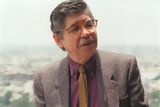
Novelist

Writer and poet

Volleyball player

Italian-Peruvian naturalist and geographer

Singer and percussionist

Last Inca emperor

Politician, former prime Minister

Journalist and TV host
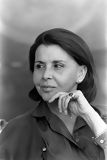
Poet

Inca warrior

Actor and comedian

Biophysicist

Poet

Doctor and researcher

Businessman, Interbank group

Journalist and writer
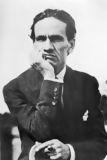
Poet and writer
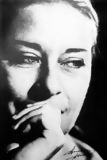
Singer and songwriter
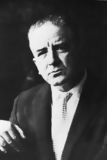
Writer

Film director, Berlin Golden Bear winner

Football player
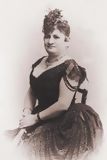
Writer and journalist
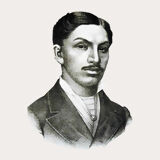
Doctor and scientist

Photograph

Chess player

Industrialist
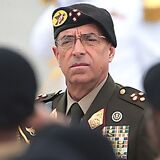
Former general

Specialist in public health

Actress and singer

Afro-Peruvian music singer

Mathematician and engineer

Indigenous chronicler

Neurologist and anthropologist

Painter

Football player
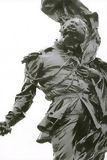
National hero, military leader

Intellectual and reformer

Chef and entrepreneur

Fashion designer

Singer-songwriter

TV presenter

Marathon runner

Indigenous Peruvian chronicler

Theologian

Former national team captain

Economist and former health minister

Inca princess

Writer and television host

Folk musician

Poet and guerrilla
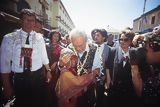
Former UN secretary-general

Chef, known for fusion cuisine

Football player

Peruvian aviation pioneer

Poet and artist
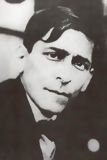
Marxist philosopher and writer

Industrialist and businessman
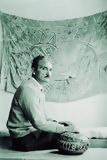
Novelist and ethnologist

Painter and muralist

Opera tenor

Fashion designer

Cardinal of Lima

Peruvian tennis player

Football coach

Leader of the indigenous rebellion
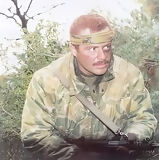
Military hero

Latin singer
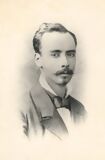
War of the Pacific hero

The youngest mother in history

Politician
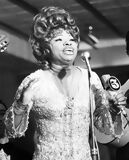
Creole music singer

Tennis player
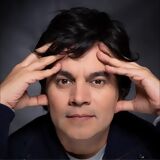
Musician

Writer and politician

Politician and founder of the Christian Democratic Party

Founder of Sodalitium Christianae Vitae

Archaeologist and anthropologist
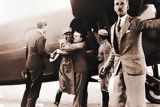
Military leader and politician

Television host
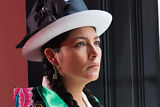
Actress and singer
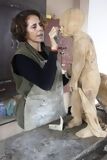
Contemporary sculptor
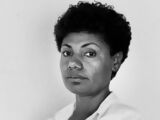
Women’s rights activist

Beauty queen

Astrophysicist

Heroine of independence
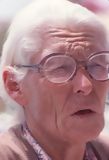
Mathematician and archaeologist

Historian and anthropologist
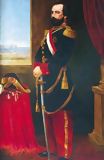
Military figure and historical figure

Fashion photographer
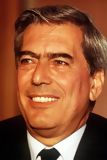
Writer, Nobel Prize in Literature, Politician

Revolutionary leader
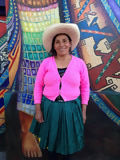
Environmental activist

Leader of the indigenous rebellion

Musician from Gaia band
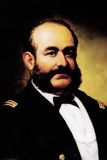
War hero
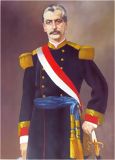
Military leader and politician

Chef, known for Nikkei cuisine

Volleyball coach and former player

Environmental activist

Television personality

Writer

Football player

Epidemiologist and former health Minister

Inventor and aerospace pioneer

Soldier and inventor

Rock singer

Chef and co-owner of Central restaurant

Painter

Football player

TV presenter and actress
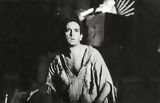
Actor
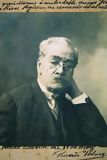
Writer and historian

Journalist and lawyer

Archaeologist, founder of Caral site
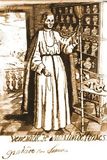
Monk and Saint
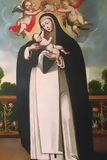
Saint, patron of Latin America

Physicist and engineer

World champion surfer

Actress

Oncologist
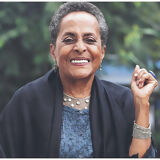
Singer, Latin Grammy winner

Former mayor of Lima

Singer

Actress

Former football player

Painter
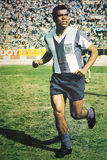
Former football player

Painter

Inca leader

Archbishop, saint
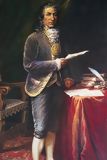
Leader of the indigenous rebellion

Revolutionary indigenous leader

Diplomat and intellectual

Sculptor and painter
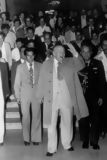
Political leader, founder of APRA

Lawyer and Former prime minister

Chef of Central restaurant
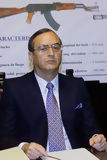
Former head of secret services

Popular singer

Fashion designer

Exotic music singer
Clorinda Matto de Turner, born on September 11, 1852, in Cusco and passed away on October 25, 1909, in Buenos Aires, is one of the most important figures in 19th-century Peruvian and Latin American literature. A writer, journalist, and activist, she is best known for her socially engaged literary work, which denounces the injustices suffered by indigenous populations in Peru. Through her novels, journalistic articles, and essays, Matto de Turner played a crucial role in raising awareness of the living conditions of indigenous peoples and in promoting social and political reforms.
Born into a mestizo family in Cusco, Clorinda Matto de Turner grew up in an environment where Andean culture and Spanish traditions intertwined. From a young age, she developed a love for reading and writing, leading her to publish her first texts in local newspapers as a teenager.
In 1871, she married the English businessman Joseph Turner, but after his death in 1878, Matto de Turner devoted herself fully to writing and journalism. She directed several newspapers and magazines, where she advocated for progressive ideas on education, women's rights, and indigenous rights.
Clorinda Matto de Turner's work is deeply influenced by her commitment to the rights of indigenous Peruvians. In her writings, she sought to denounce the abuses and exploitation suffered by these populations, particularly at the hands of Spanish colonizers and local authorities. Her most famous work, the novel « Aves sin nido » (1889), highlights the social and economic injustices faced by indigenous people, focusing on the abuses of power committed by local priests and officials.
This novel, considered one of the first social novels in Latin American literature, had a significant impact at the time of its publication. It sparked widespread debate on the need for social and political reforms. However, it also drew criticism and attacks, particularly from the Catholic Church, which saw her work as a challenge to its authority and practices.
In addition to her literary work, Clorinda Matto de Turner was also a prolific journalist. She directed several publications, such as « El Recreo » and « El Perú Ilustrado », where she wrote on a wide range of topics, including politics, education, culture, and women's rights. She was a strong advocate for women's education, seeing it as a key tool for empowering women and granting them independence in a male-dominated society.
Through her journalism, Matto de Turner also championed greater inclusion of indigenous populations in Peruvian society. She called for educational and social reforms that would enable indigenous peoples to fully participate in national life while respecting their traditions and culture.
Due to her progressive views and open criticisms of religious and political authorities, Clorinda Matto de Turner often faced attacks. In 1895, following a conservative coup in Peru, her writings were deemed subversive, and she was forced to flee the country. She went into exile in Argentina, where she continued writing and working as a journalist, maintaining her commitment to defending the rights of indigenous people and women.
Despite the challenges of exile, Matto de Turner remained determined in her fight for social justice. In